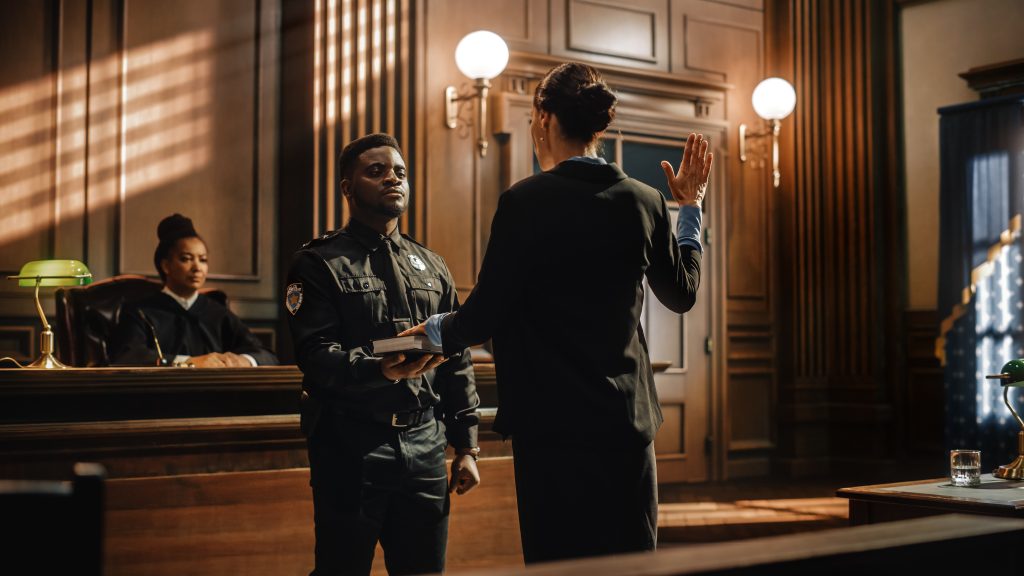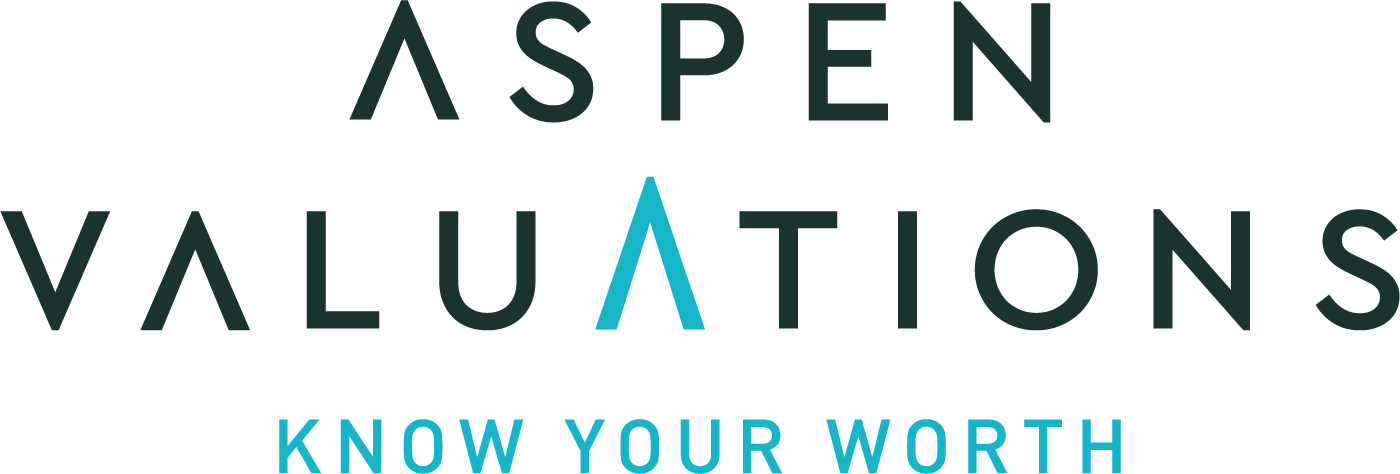The importance of independent business valuations in litigation support
3.5 min read.
In legal disputes involving businesses, the role of independent business valuations in litigation support cannot be overstated. When complex financial matters are at the forefront of legal proceedings, an unbiased and credible assessment of a company’s value becomes essential. In this article, we will explore the importance of independent business valuations in litigation support and how they contribute to informed decision-making and fair resolutions.
Objective Assessment of Value:
Independent business valuations provide an objective assessment of a company’s value, free from biases or conflicts of interest. This impartial analysis serves as a foundation for informed decision-making in legal disputes. Valuation experts consider various factors, including financial performance, market conditions, industry trends, and intangible assets, to arrive at a fair and accurate valuation that withstands scrutiny in a court of law.
Expert Witness Testimony:
In litigation support, independent business valuations often involve the expert witness testimony of valuation professionals. These experts possess the necessary qualifications, expertise, and experience to present their findings and opinions to the court. Their testimony helps to clarify complex valuation concepts, educate the judge, and provide an independent perspective that strengthens the credibility and reliability of the valuation evidence.
Evaluation of Damages:
In cases involving financial damages, such as breach of contract or business interruption, independent business valuations play a crucial role in assessing the extent of the damages suffered by the affected party. Valuation experts analyze the financial impact, including lost profits, diminished value, or additional costs incurred, to provide a comprehensive evaluation of the damages incurred. Their expertise ensures that the damages claimed are substantiated by a thorough and defensible valuation analysis.
Fair and Equitable Resolutions:
Independent business valuations contribute to fair and equitable resolutions in legal disputes. By providing an unbiased assessment of the value of a business or its assets, valuations help to ensure that the outcome is based on accurate and reliable information. This enhances transparency, reduces disputes, and promotes the fair distribution of assets or damages among the parties involved.

Compliance with Legal Standards:
Independent business valuations in litigation support adhere to established legal standards and guidelines. Valuation experts are well-versed in the specific requirements and regulations governing legal proceedings. They ensure that the valuation process complies with the necessary legal standards, enabling their work to withstand rigorous scrutiny and challenges from opposing parties.
Independent business valuations play a vital role in litigation support, providing objective assessments of value, expert witness testimony, and evaluations of damages. When an expert witness is proven or appears to have a conflict of interest, the courts generally take such matters seriously, as it can impact the credibility and objectivity of the expert’s testimony. Here are some examples of how courts may treat a conflicted expert witness:
-
- Challenge to Expert’s Testimony: The opposing party’s legal counsel may challenge the expert’s testimony by raising objections based on the expert’s conflict of interest. They may argue that the expert’s testimony lacks credibility and objectivity due to their prior relationship with the party they are providing testimony for. The court may scrutinize the expert’s qualifications and the nature of the conflict to determine the admissibility and weight of the expert’s testimony.
-
- Limitations on Testimony: The court may impose limitations on the expert’s testimony to address the conflict of interest. For example, the court may restrict the scope of the expert’s testimony, excluding certain aspects or opinions that could be influenced by the conflict. This helps maintain the fairness and integrity of the proceedings while ensuring that only unbiased and reliable evidence is presented.
-
- Expert’s Testimony Given Less Weight: If the court finds that the expert’s conflict of interest significantly undermines their objectivity or impartiality, they may assign less weight to the expert’s testimony. The court may consider other evidence and expert opinions that are free from conflicts of interest to reach a fair and just decision.
-
- Expert Replacement: In cases where the conflict of interest is severe or irreparable, the court may choose to replace the conflicted expert witness with a neutral and independent expert. This ensures that the parties receive unbiased and reliable expert testimony that adheres to the principles of fairness and due process.
-
- Adverse Inferences: If the court determines that the expert’s conflict of interest has compromised the integrity of their testimony, it may draw adverse inferences against the party that called the conflicted expert. Adverse inferences can impact the overall credibility and persuasiveness of that party’s case.
When navigating legal disputes involving businesses, engaging the services of independent valuation experts can provide the necessary credibility, expertise, and unbiased analysis needed to support a strong case and achieve a just outcome. Aspen Valuations team have decades of experience assisting clients and counsel in business valuation and damages quantification matters to help them successfully achieve the desired outcome for their case.
